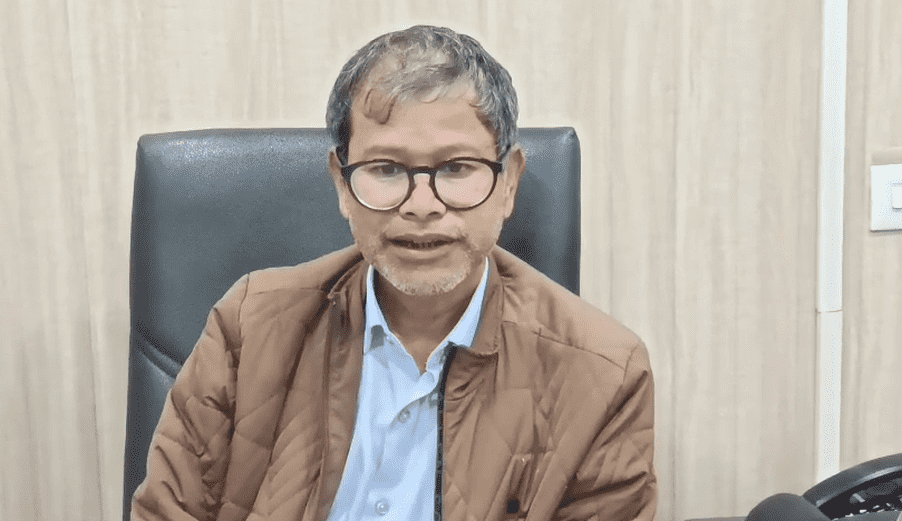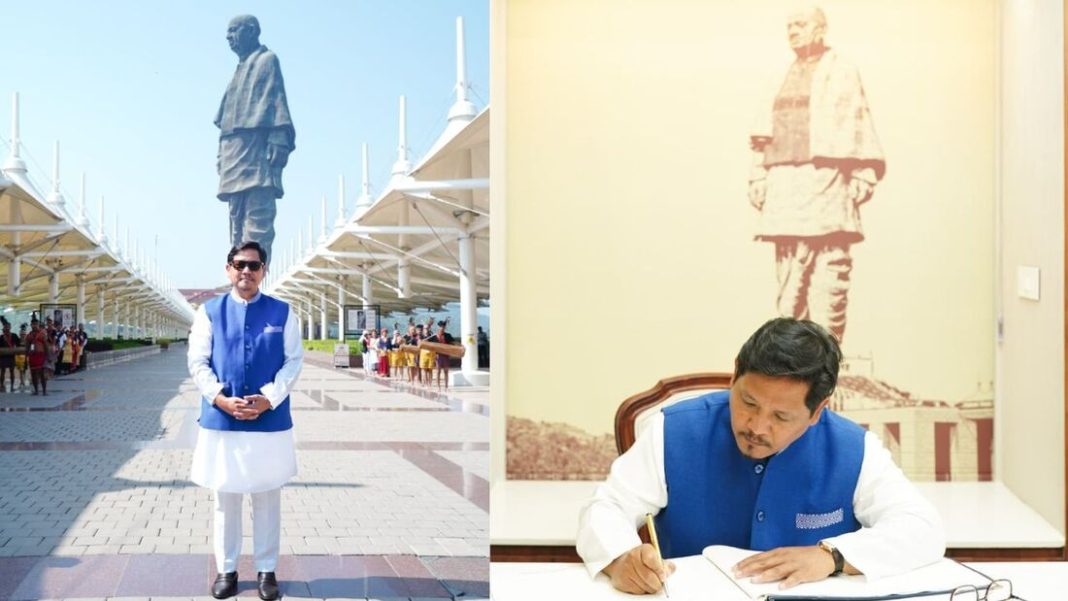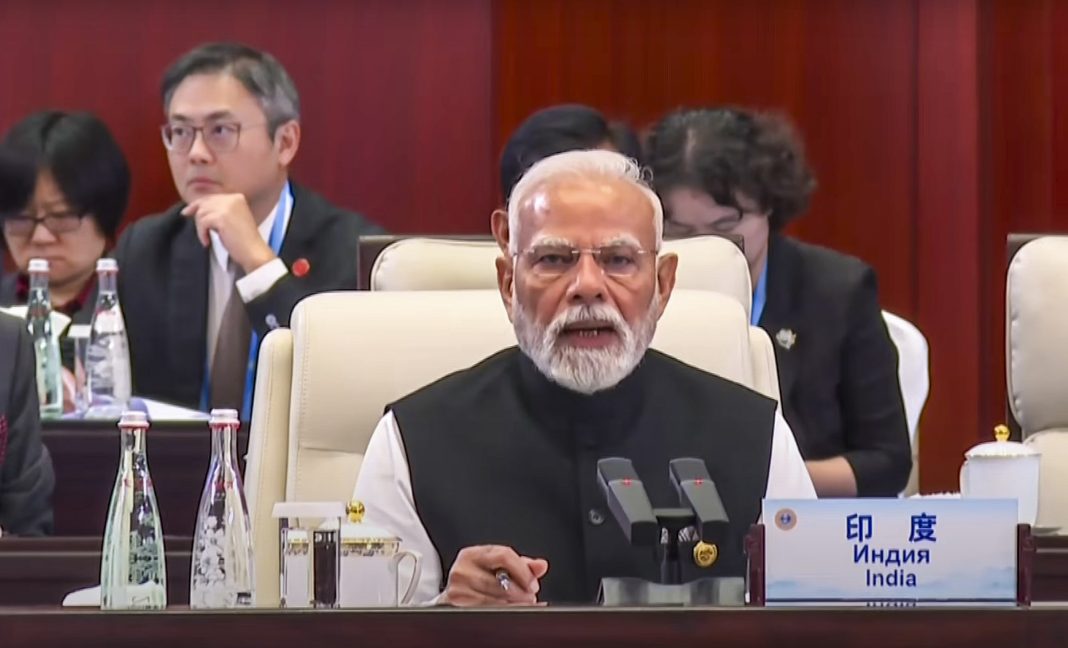Shillong, Nov 12: The state government has intensified its efforts to curb high dropout rate in higher education and improve academic quality across Meghalaya, Education Minister Lahkmen Rymbui said on Wednesday.
“The issue of high dropout rate in higher education is a real concern,” Rymbui said while addressing reporters after chairing a meeting of the State Higher Education Council (SHEC).
The Council, established through a 2018 Assembly Act, is being revived to advise the government and oversee implementation of key reforms.
Acknowledging the government’s concern over high dropout rate, Rymbui said the government has already enhanced accessibility to higher education in remote areas.
He mentioned about opening new colleges at Shangpung, Khliehriat, Nongtalang, Mawphlang, Mawsynram, Rongjeng, Patharkhmah, Umsning, Dalu and Chokpot, besides establishment of Captain Williamson Sangma State University and an engineering college.
He added that financial constraints also contribute to attrition, prompting the state to increase scholarships.
In 2020, the government raised the scholarship for groups A, B, C, D from Rs 15,000 to Rs 35,000, and merit scholarships for primary (from Rs 100 to Rs 500) and upper primary (from Rs 150 to Rs 700).
The Chief Minister’s Scholarship Scheme, introduced this year with no income cap, further eases the burden.
The Education Minister also highlighted the skewed stream distribution, with 82.3 % of Class XII graduates opting for Arts, citing limited science and commerce options. To address this, the state has upgraded all government secondary schools to higher secondary level.
On quality assurance, Rymbui pointed out that only 25 colleges in Meghalaya are NAAC‑accredited, while 71 aided/unaided colleges remain unaccredited.
“So, we have decided to propose to the government to give Rs 1 crore fund to the State Higher Education Council (to support institutions seeking NAAC accreditation),” he said.
He informed that the dormant State Level Quality Assurance Council (SLQAC) will also be re‑activated to monitor standards from pre‑primary to university level.
“Not only accessibility but quality education across the entire spectrum—from pre‑primary to university—is our priority,” Rymbui concluded.




